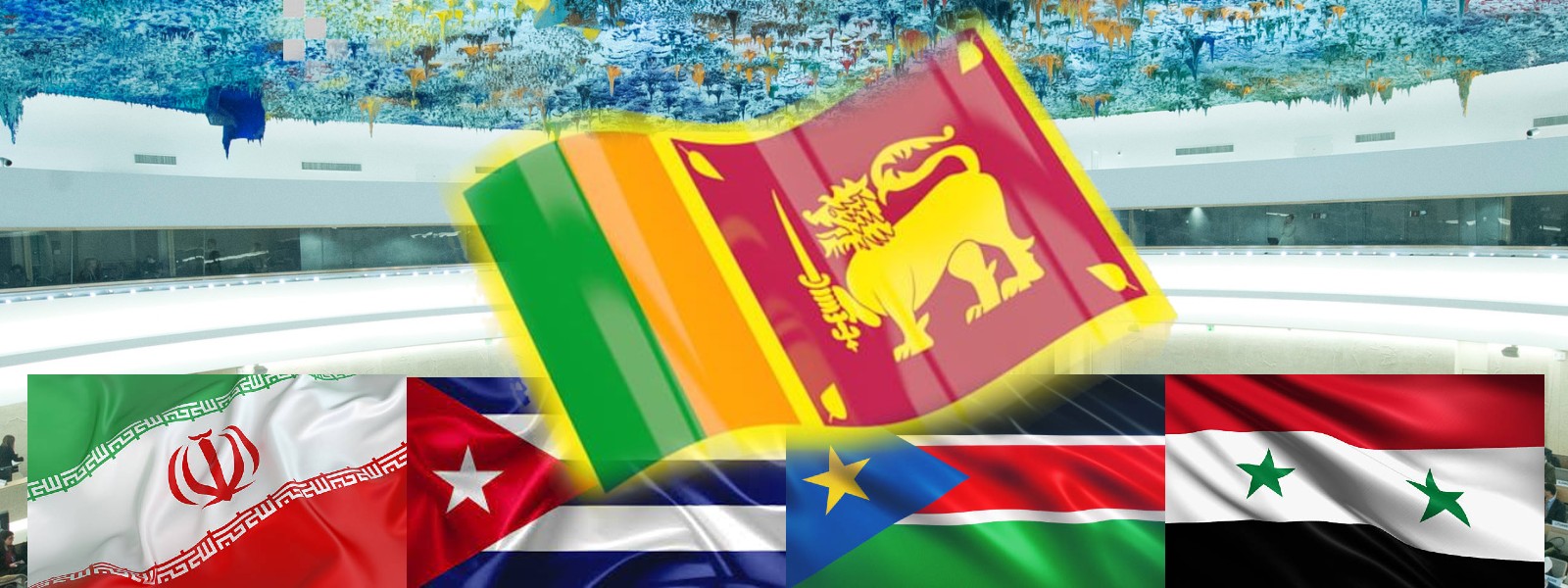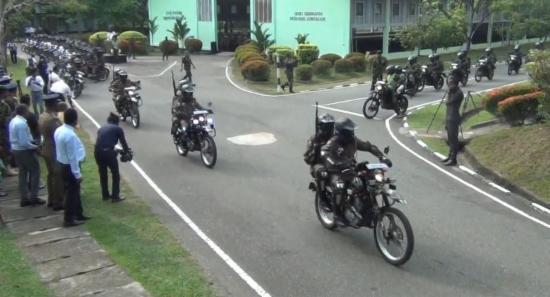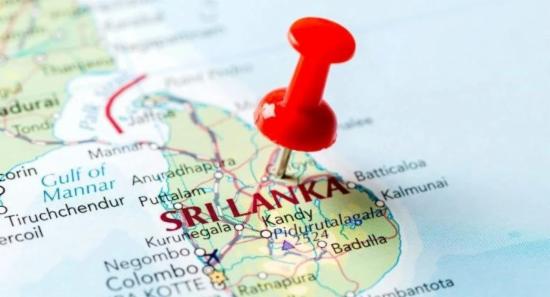.webp)

Iran, Syria, & S. Sudan slam UNHRC for Double Standards on Sri Lanka
COLOMBO (News 1st): The Human Rights Council should fulfil its mandates in protection and promotion of human rights based on the principles of non-selectivity, objectivity and impartiality, and without submitting to politicization or double standard, said Iran at the 51st Regular Session of the UNHRC on Monday (12).
"Indeed, protection and promotion of human rights is a prime responsibility of the State concerned and it is for them to seek any support and assistance, as they may deem it useful and necessary, from the relevant UN human rights mechanisms," he said.
The Iranian Delegate noted that the UN Human Rights Council should avoid politicization and refrain from political prejudices toward any country. "These mechanisms should not be misused for the political goals of specific group of countries against developing nations."
"We are alarmed at the proliferation of country-specific mandates that are initiated and persisted in pursuance of political agendas of some States and that would adversely affect the credibility of the Council," he added.
Syrian commended the actions taken by the Sri Lankan government to overcome the social challenges and economic difficulties it faces.
The Syrian delegation urged the Council to support, in a spirit of constructive dialogue and cooperation, the Sri Lankan Government's efforts to restore stability through national dialogue and to meet the basic needs of its people.
"We renew our rejection of Western interventionist agendas that exploit human rights issues to implement political agendas and to interfere in the internal affairs of the countries of the global South," said the Syrian Delegate.
The adoption of resolution 1/46 by the Human Rights Council without the consent of the State concerned, Sri Lanka, was contrary to the principles and purposes of the Charter of the United Nations and a violation of the foundations on which the Council was founded, he added.
"It confirms that the establishment and imposition of politicized mandates through non-consensual resolutions without the consent of the State concerned is a failed approach that must be stopped. Syria notes Sri Lanka's readiness to cooperate with the mechanisms of the Human Rights Council based on respect for its national sovereignty and non-interference in its internal affairs and urges the Council to support efforts to address its internal situation through national mechanisms," said the delegate.
Cuba told the UN Human Rights Council that the UNHRC should privilege the use of universal mechanisms such as the Universal Periodic Review or UPR, as the only guarantee to deal fairly and non-selectively with human rights issues in all countries.
The delegate said that Cuba will continue to defend these principles in all relevant intergovernmental bodies, particularly in the Human Rights Council.
Thank you very much.
The Egyptian delegation stressed the importance of adhering to the principles of universality, objectivity and non-selectivity when considering human rights issues in Sri Lanka, and avoiding the politicization and exploitation of human rights to interfere in internal affairs, with the importance of paying attention to building the capacities of national institutions and technical cooperation.
The delegation of Egypt also reiterated the importance of the Council and the Office of the High Commissioner continuing to strengthen dialogue and coordination with Sri Lanka, in order to ensure a positive outcome and provide the necessary support in accordance with national priorities, and in full respect of its sovereignty.
Thank you.
South Sudan said that it is necessary to point out that the needed constructive dialogue in the area of the promotion and protection of human rights must always be within the consent of the country concerned.
South Sudan called on the Human Rights Council to cooperate with Sri Lanka with the aim of promoting programs geared towards reconciliation and development in the Country, and avoiding practices of double standards, selectivity, and politicization on in the work of the Council.
Other Articles
Featured News





.png )








-753118_550x300.jpg)
-753105_550x300.jpg)


















.gif)